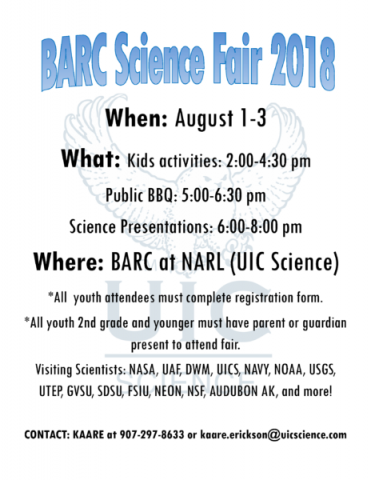The CUAHSI Snow Measurement Field School will take place January 6 – 11, 2019 in Bozeman, Montana.
Applicants must apply to attend. Deadline to apply is 5:00 p.m. EDT on August 1, 2018.
Overview:
Snow covers a large portion of the Earth’s mid- and high-latitude land surface for extended periods every year. For humans, the snow that accumulates in mountains and forests in the form of snow is crucial, providing melt water to about 2 billion people on Earth (Mankin et al., 2015). It is equally important for virtually all humans in the way it regulates essential climate processes through the snow albedo effect (Kellogg, 1973; Groisman et al., 1994; Lemke et al., 2007) and through its superb insulating properties (Goodrich, 1982; Mellor, 1964; Sturm et al., 1997). Quite simply, any change in global snow quality or quantity is likely to have serious climatic societal consequences for all of us (Barnett et al., 2005; Mankin et al., 2015; NASA, 2016).
Accurate snowpack property measurements are needed as ground truth for remotely sensed data, as input for hydrological models, as input to ecological models, and as data when making avalanche forecasts. There are two reasons a snow scientist needs to know how to make high-quality measurements and have an understanding of what those measurements actually mean and represent in the real world. First, because they collect and use field data for their own research purposes. Second, because they use snowpack data from field practitioners or other sources and need to understand both the accuracy and the richness of the data they are using.
The curriculum assumes little prior knowledge and experience on the part of the students, and begins with field and snow safety, then progresses to simple but critical snow measurements like depth, density, and snow water equivalent. Students are divided into teams and paired with an instructor then tasked with making field measurements that simulate what would be required in actual field campaigns. Daylight hours are spent almost entirely out in the snow, but in the evenings students work collectively to produce presentations of the results of the days measurements, and listen to lectures about field measurements, sampling design, handling of data, and more advanced measurement topics.
Course Objective:
This course will give fundamental training to students in making and analyzing snow measurements including depth, density, water equivalence, grain size and shape, stratigraphy, temperature and hardness. Students completing this course will be able to perform high-quality fieldwork and design studies making snowpack measurements.
Learning Objectives:
By the end of the course, students should be able to do the following:
- Excavate and prepare a snow pit.
- Measure profiles of density, snow temperature, grain size, and hardness.
- Characterize stratigraphy and layering, snow surface roughness, and snow grain types.
- Use a Federal snow sampler, an avalanche probe, a Magnaprobe, and other snow measurement equipment.
- Design their own experiment for sampling snow based on specific scientific objectives.
Workshop Eligibility and Requirements:
The course is aimed at undergraduate and graduate students, post-docs, professionals and senior scientists, modelers and remote sensers that will make snow measurements as part of their research, or use snowpack data in their research. There are no required prerequisites, but students should be physically able to spend days outside being active in the snow.

